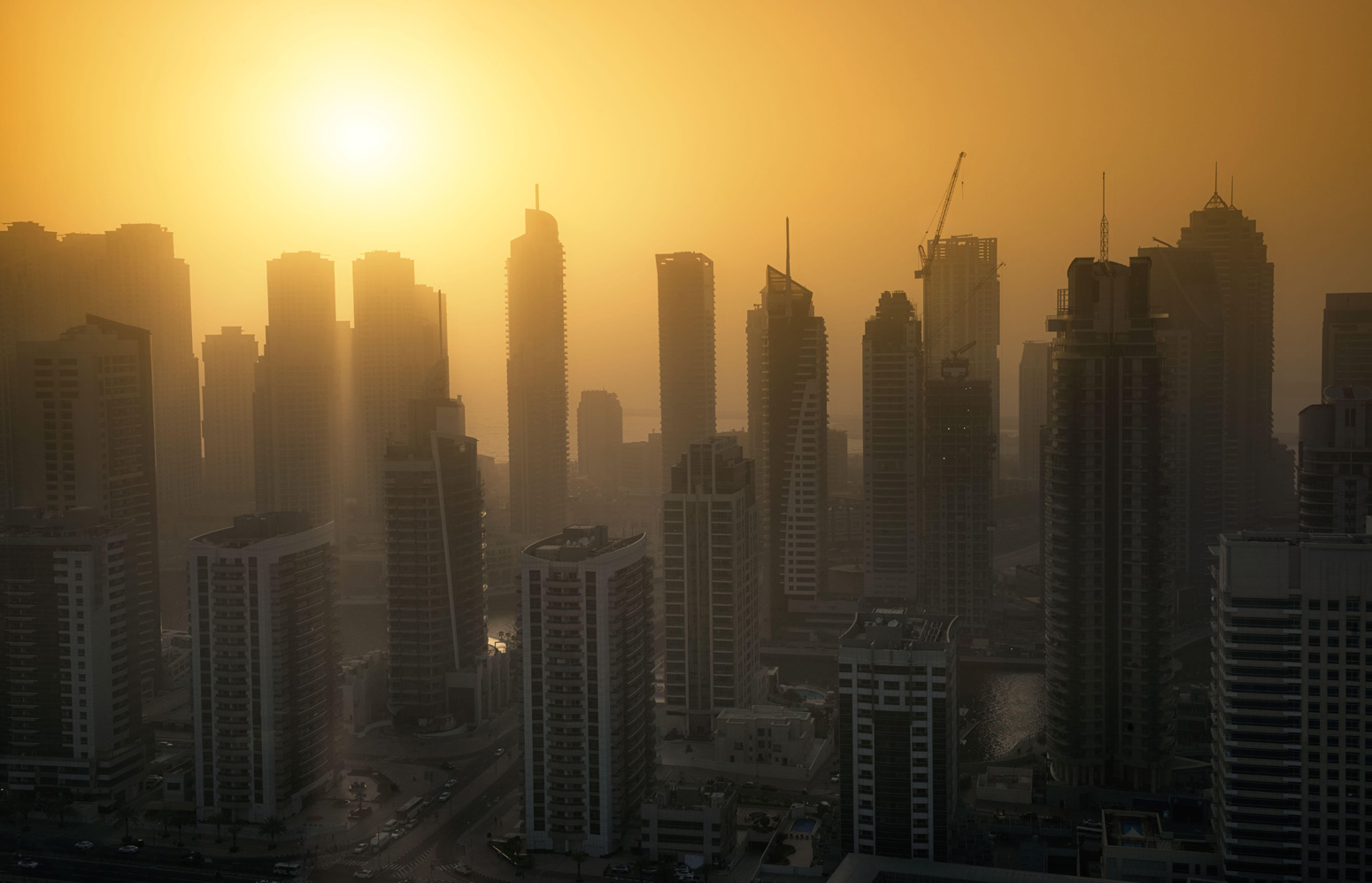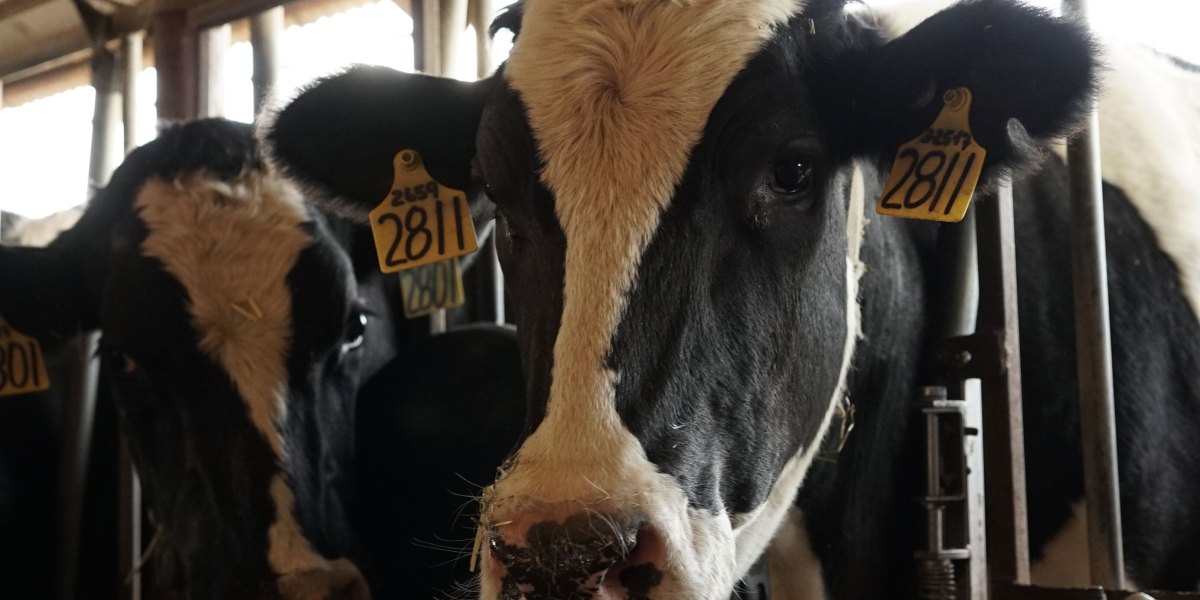odanny
Diamond Member
- Thread starter
- #81
Under the Paris Agreement adopted in 2015, virtually all the world’s nations pledged to limit global warming to “well below” 2C above pre-industrial levels and also, if possible, “pursue” efforts to cap warming at 1.5C. At present, the world is not close to being on track to meet either target.
Our analysis shows that:

 www.carbonbrief.org
www.carbonbrief.org
Our analysis shows that:
- The world will likely exceed 1.5C between 2026 and 2042 in scenarios where emissions are not rapidly reduced, with a central estimate of between 2030 and 2032.
- The 2C threshold will likely be exceeded between 2034 and 2052 in the highest emissions scenario, with a median year of 2043.
- In a scenario of modest mitigation – where emissions remain close to current levels – the 2C threshold would be exceeded between 2038 and 2072, with a median of 2052.

Analysis: When might the world exceed 1.5C and 2C of global warming? - Carbon Brief
Nations pledged to limit global warming to “well below” 2C above pre-industrial levels and also to “pursue” efforts to cap warming at 1.5C under the Paris Agreement.






